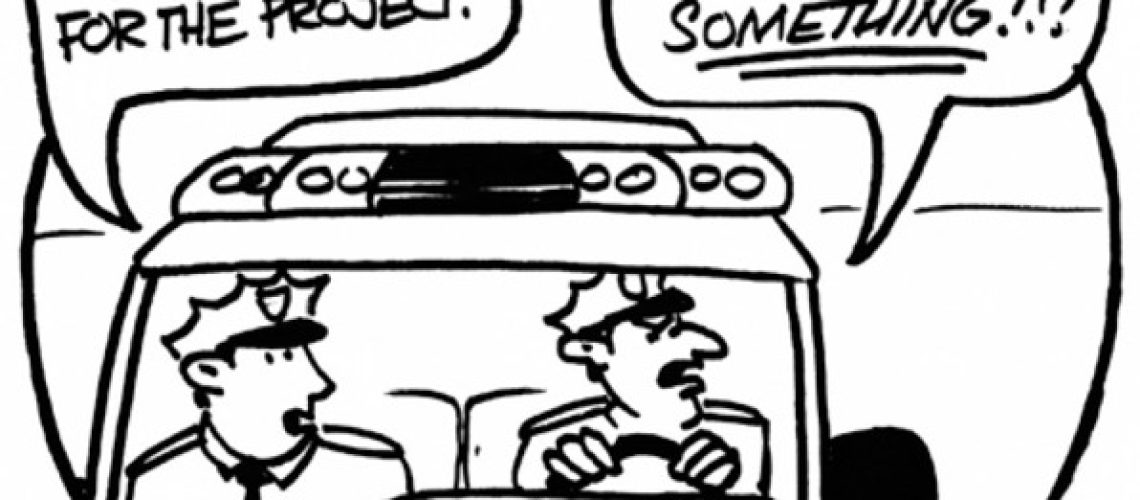Bob takes out $20,000 from the bank in Georgia so he can go buy a car he wants in Florida. Bob is driving down I-75 when he is stopped for speeding. The officer asks Bob for consent to search his vehicle; Bob consents because he has “nothing to hide.” The officer finds the $20,000 and believes it to be suspicious that Bob is driving with a large amount of currency down a highway. The officer seizes Bob’s money because he claims there is probable cause that the money is connected to illegal contraband, issues a citation for speeding, and drives away. Even though there was contraband found in Bob’s car, police actions have made this an all-too-common scenario used to fund their operations. This is the controversial scheme of civil forfeiture.
What is Civil Forfeiture:
Civil forfeiture is a law in Georgia which permits law enforcement to take individuals’ property if there is probable cause to believe that it was linked to illegal activity. Originally, it was primarily used to fight the drug war in the 1980’s to deprive cartels of their financial basis for operations. Now, the scheme has grown into a process which funds law enforcement operations while taking away due process with no regard for individuals’ guilt or innocence.
Is an Arrest Required:
The unsettling answer is that law enforcement does not have to arrest someone to take their property under civil forfeiture. Similar to Bob’s hypothetical, the police can simply take the property and let the individual go. This now forces us to hire an attorney and fight to get back what is rightfully ours. An arrest or conviction is not required for law enforcement to keep the money. This is a problem which strikes at the fundamentals of our criminal justice system. The system – as we are led to believe – is a system which presumes that individuals are innocent until proven guilty (but in reality, the opposite is true – guilty until proven innocent). Allowing law enforcement to seize private property without being guilty of a crime and then using the property to fund the local district attorney’s office and law enforcement operations is bad public policy.
Effect of Civil Forfeiture:
Once law enforcement seizes an individual’s property, it is the burden of the individual to prove that the property is not connected to criminal activity. It is the “guilty-until-proven-innocent” individual that has to prove his innocence in order to get his property back. Unless an individual attempts to represent himself against a experienced prosecutor, he will need to hire an attorney. This expense can impact anyone, but especially low-income individuals.
This scheme is especially troubling when it provides law enforcement incentives for taking citizens’ private property. The more money or other property law enforcement take, the more “toys” they get for their operations. For example, in 2018, Gwinnett County Sheriff Butch Conway used seized forfeiture funds to buy himself an extravagant 700-horsepower Dodge Charger Hellcat.
For the City of Atlanta alone, there was more than $1,450,000 seized in 2019. That is just one city in the entire state of Georgia. Nationally, in 2019, the DEA seized more than 4 billion in cash civil forfeitures, but 3.2 billion of those seizures were never connected to any criminal charges.
Need Legal Advice? If you or a loved one has had property seized through civil forfeiture, the team at Arora Law has the experience and skills to advise you on how to fight the forfeiture and other related legal matters.











